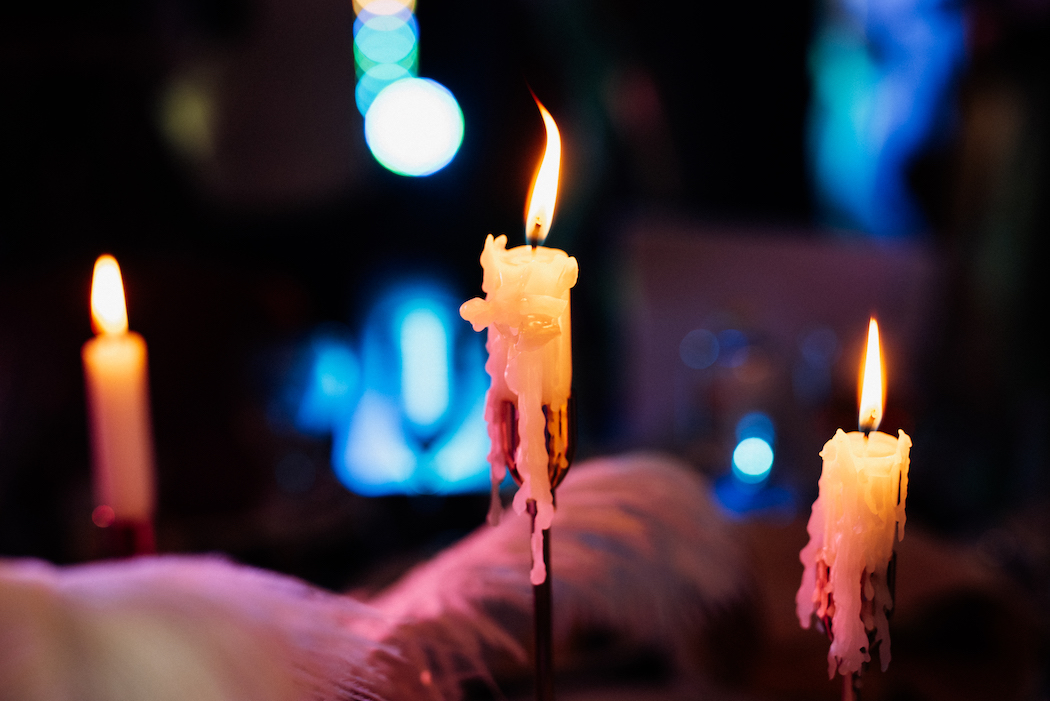“Advent,” meaning the arrival or the coming, is my favorite liturgical season. And yes, part of what’s coming is Christmas, when we celebrate the birth of Jesus 2000 years ago. The rituals of this season build with anticipation and hope in a way both beautiful and centering—at an often-frenetic time of year. Gradually, we light more and more candles, marking how Jesus came as ‘a light’ into the world. We decorate with evergreen boughs and trees, symbolizing the triumph of life and renewal even after the darkness of winter. Jesus was born into a foreboding, difficult time for his people—a season of violence that escalated throughout the early decades of the Jesus Movement. Those who told his birth story exhorted readers to expectation and faithfulness amidst all-to-real violence at the hand of Rome. In the decades following Jesus’ life, tens of thousands of Palestineans were crucified in Jerusalem and beyond. Of these political dissidents, Jesus was but one.

In the telling of Matthew and Luke (the only gospels with birth narratives—both utterly different), God was—in the midst of it all—at work, working repair, setting things right—expressed iconic-ally on the lips of Mary (Luke 1:51-53):
“He has shown strength with his arm;
he has scattered the proud in the thoughts of their hearts.
He has brought down the powerful from their thrones,
and lifted up the lowly;
he has filled the hungry with good things,
and sent the rich away empty.”
And on the lips of Zechariah (Luke 1:78-79):
“By the tender mercy of our God,
the dawn from on high will break upon us,
to give light to those who sit in darkness and in the shadow of death,
to guide our feet into the way of peace.”
Yet focusing the ritual of Advent entirely on the past, on something that happened 2000 years ago, can also miss the point of the season. In Advent, we celebrate and await the arrival of God’s presence among us in every moment, in every era. Our lives and we ourselves have the potential to be filled with God if we allow God to arrive—to inspire us, love us, guide us, change us, temper us, heal us. Emmanuel, God with us—God present in all created things, not merely in events 2000 years ago. As described in passages like John 1 and elsewhere, from the beginning of time every quark in creation is shot through with divine presence and availability. As Jesus said a radical “yes” to God, his life made God’s immanence visible to us, showing us the possible. But the waiting and anticipation of the Advent season is a reminder that God comes also into our lives, our very world, every single day. And so we await, expect, look for, receive the coming of the Universal Christ—that theological notion of God present among us in every circumstance, moment, and element of creation.
This year, Luke 21:25-36 [lectionary the week this essay was originally published], which kicked off Advent, seems odd. It’s not very Advent-y, having nothing to do with Jesus’ birth. In the narrative, Jesus waxes apocalyptic. The earliest Jesus followers clearly believed the end of the world and their teacher’s literal return would happen during their lifetimes; and in this, they were wrong. But as I read the Luke passage, I can’t help but think many groups of Jesus followers—in every era—have thought the passage was about them. People in all times look around and see fear and foreboding. Terrible things happen, no matter the century. Into the midst of this, God arrives, working repair or redemption in our midst; and that is what we celebrate. Advent reminds us that God comes into each ongoing everyday life—with its struggles and particularity, as God comes into every unique moment of history. Advent tells us to watch, to pay attention. Prayer, silence, nature, meditation/contemplation—all help us to tune in.
During this adventurous, reflective season of Advent 2021, we ponder what it means for God to come in 2021. What does it mean to celebrate the arrival or the coming of the immanent Christ into what your family is experiencing right now? What does it mean to celebrate Christ’s arrival into our country, with a dangerous virus still present and social divisions seemingly deepening? What does it mean to celebrate the arrival or the coming of Christ into the inner workings of our hearts, yours and mine—our sometimes broken and wandering hearts? Advent says: God arrives. And so we wait with anticipation and hope to respond.














